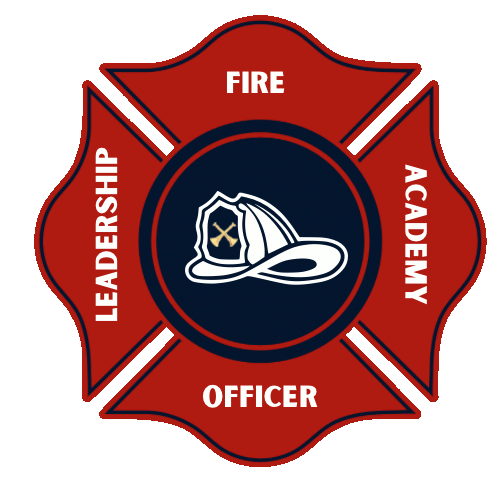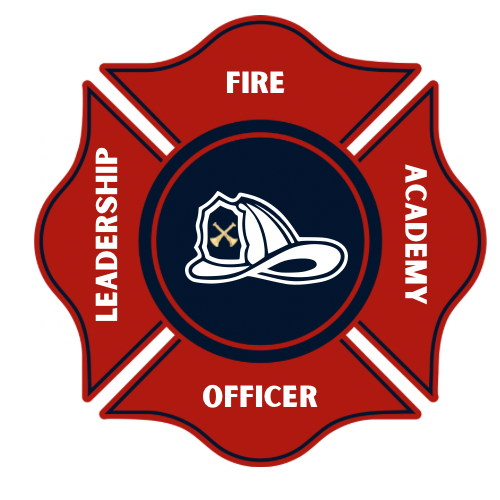In this series of articles, I have been writing about the fourteen leadership traits identified by the U.S. Marine Corps. This week’s topic is decisiveness which is the “Ability to make decisions promptly and to announce them in a clear, forceful manner.1”
Indecisive People
I loathe the drive through lane at fast food restaurants for a couple of reasons. One is that the person on the other end often gets the order wrong. The other reason is because I do not like sitting in a lengthy line of cars because the person who is ordering cannot decide if they want a hotdog, cheeseburger, or a chicken sandwich.
Indecisive people drive me nuts! Fire officers who are indecisive are a hazard to themselves, their troops, and the public at large. When something is burning the time to act is now.
We must remember the words of General George S. Patton, Jr. of World War II fame when he said, “A good solution applied with vigor now is better than a perfect solution applied ten minutes later.2”
Two Field Exercises and Two Approaches
Since 1999, I have taught hazardous materials, and I enjoy the opportunity to teach firefighters and others involved in that type of response. One of the modules for the hazardous materials technician course requires an extensive nighttime exercise. Generally, those have gone well, but one stands out that did not.
All week long the students performed above expected levels until the nighttime drill. That is when they became trapped in the nightmare of indecisiveness. Yes, haz mat incidents traditionally move slower than other emergencies, but when the decision-making process becomes paralyzed and held up by one or two individuals, the Haz Mat Group Supervisor and/or the Incident Commander must step in and get the ball rolling again.
That did not happen in this scenario until we as the instructors called a time out, asked questions, provided guidance, and resumed the drill. Fortunately, everyone learned and there was a successful conclusion to the drill.
Reinforcing Your Decision-Making Skills
Decision-making and being decisive are learned skills. Those skills come with training, reading, and study. Also, learning how to be decisive arises from evaluated experience derived from honest and meaningful after-action reviews. I could expound quite a bit on this topic, but unfortunately, in this type of format that is not possible.
However, I became a serious student of decision-making in 2007 and have written two applied research papers on the subject as part of the National Fire Academy’s Executive Fire Officer Program. I incorporated both papers along with continued research and actual field experience into classes about rapid decision-making and situational awareness.
How about you? How are your decision-making skills and abilities? Reach out and let’s have a discussion on how I can help you and your department sharpen the vitally important skills of decision-making and situational awareness.
2Charles M. Province, Patton’s One-Minute Messages, (Novato, CA: Presidio Press, 1995), 21

